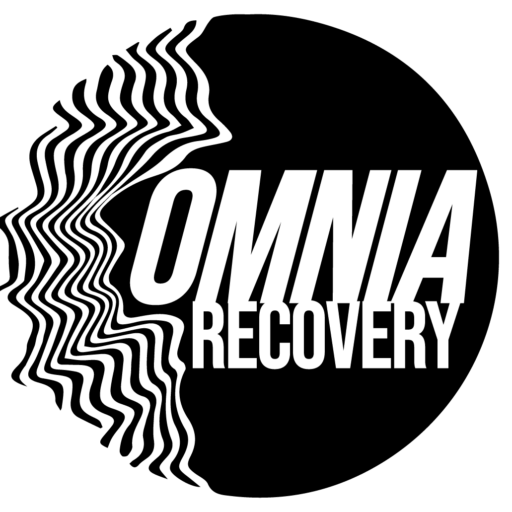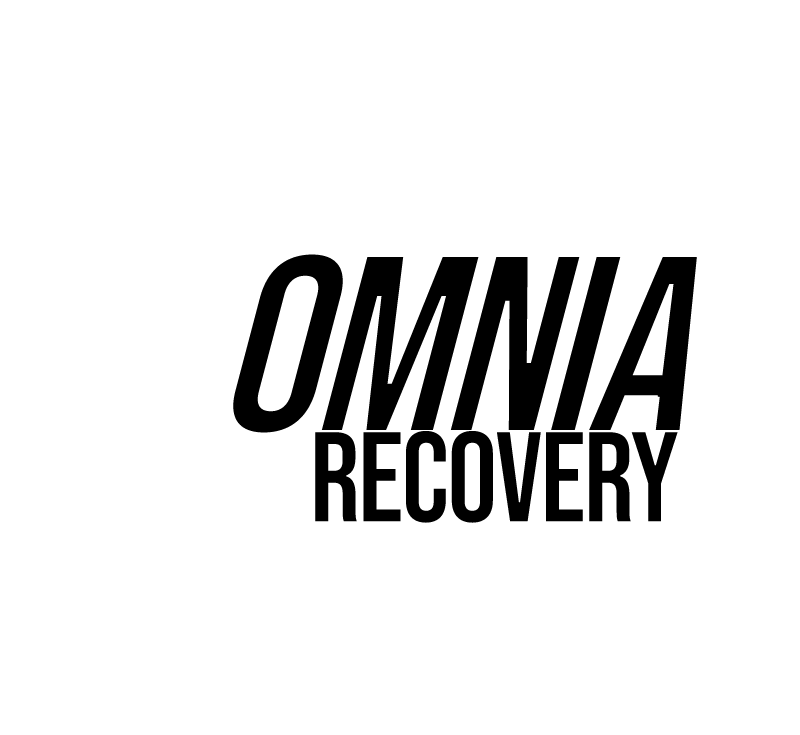Forgiveness is a profound and liberating experience, one that often feels much easier to extend to others than to ourselves. Self-forgiveness, however, is crucial for personal growth and emotional healing. It allows us to release the heavy burden of guilt and shame and move forward with a renewed sense of purpose and self-compassion. But how do we actually learn to forgive ourselves?
Omnia Recovery is a behavioral health center that can help you or a loved one in long-term emotional healing. Contact our admissions team today to learn more about what we offer.
Acknowledge Your Feelings
The first step toward self-forgiveness is to acknowledge the emotions you’re experiencing. Suppressing guilt, shame, or regret only prolongs the pain. Allow yourself to fully feel these emotions without judgment. Recognizing these feelings as valid and part of the human experience is the foundation of self-compassion.
Understand the Root Cause
Reflect on what led to the actions or decisions you regret. Understanding the context, motivations, and external factors that influenced your behavior can provide valuable insights. It helps to realize that mistakes often stem from a place of ignorance, fear, or unmet needs, rather than inherent flaws in your character.
Take Responsibility
Taking responsibility for your actions is different from blaming yourself. It involves acknowledging the impact of your behavior on yourself and others, and understanding the consequences. This step is crucial because it empowers you to make amends and avoid similar mistakes in the future.

Practice Self-Compassion
Self-compassion involves treating yourself with the same kindness and understanding that you would offer to a friend in a similar situation. Remind yourself that everyone makes mistakes and that these errors do not define your worth as a person. Engage in positive self-talk and practice self-care to reinforce your value and humanity.
Make Amends
If your actions have hurt others, taking steps to make amends can be an essential part of the forgiveness process. This might involve apologizing, making reparations, or changing your behavior. Genuine efforts to make things right can alleviate feelings of guilt and demonstrate your commitment to personal growth.
Learn and Grow
Use your experience as a learning opportunity. Reflect on what you can take away from the situation to avoid repeating the same mistakes. Embrace the lessons learned and allow them to guide your future actions. This shift in perspective transforms regret into a catalyst for positive change.
Seek Support
Forgiving yourself can be a challenging journey, and it’s okay to seek support. Talking to a trusted friend, counselor, or therapist can provide a fresh perspective and emotional relief. Support groups or recovery programs can also offer a sense of community and shared understanding, making the process less isolating.
Let Go and Move Forward
Forgiveness is about letting go of the past and freeing yourself from its hold. This doesn’t mean forgetting or dismissing what happened but instead accepting it as part of your journey. Practice mindfulness and meditation to help you stay grounded in the present and focus on your growth and future possibilities.
Contact Behavioral Health Center To Learn More
Learning to forgive yourself is a transformative process that requires patience, self-compassion, and a willingness to grow. It’s a journey that can lead to profound emotional healing and a renewed sense of self-worth. At Omnia Recovery, we believe in the power of forgiveness as a vital component of recovery and personal development. Remember, you are worthy of forgiveness and capable of moving forward with greater wisdom and compassion.




